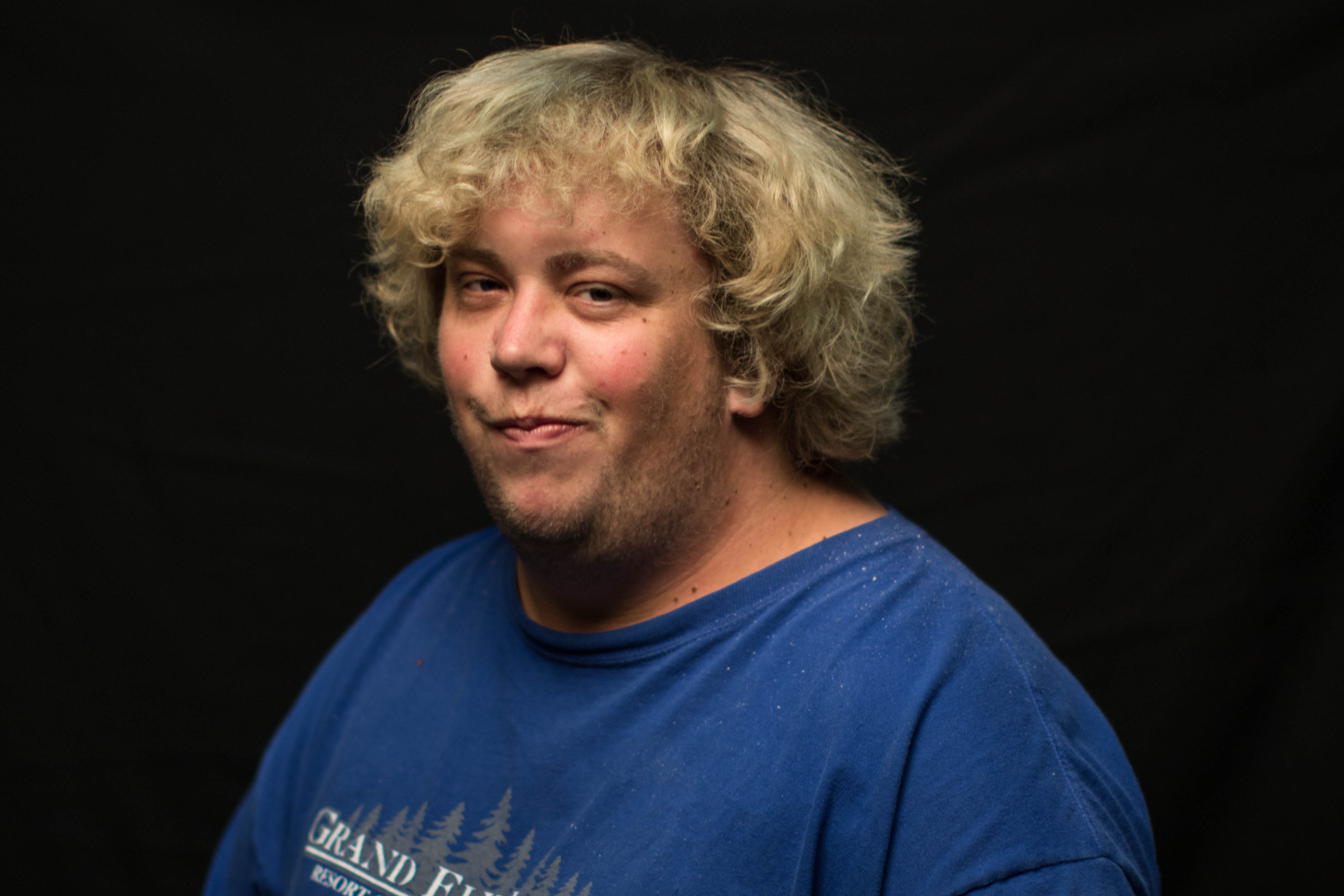
Multicultural retreat opened my eyes to social justice practices
When I heard about the Multicultural Leadership Institute (MLI), I knew I wanted to attend. After all, its theme was storytelling in a digital era.
I believed the weekend-long trip would just focus on how social media affects portrayals of people of different backgrounds than mine. I expected the weekend to focus on exploring minorities affected by Deferred Action for Childhood Arrivals (DACA) or international students or something.
But before we jumped into exploring social justice or diverse groups, we first focused on ourselves.
We did this in one of six “families.” These groups were a metaphor for how we didn’t get to pick our families. The metaphor also applied our ethnicities, genders and sexual orientation.
The discussions I had with my family and in the large group had an amazing affect on me. It seemed like with each discussion, whether it was on hopes or fears or how I identified myself, I started realizing the cracks in my wall. This came from the willingness to be vulnerable with this amazing group of students.
Many of us found it easy to allow ourselves to be vulnerable throughout the week. Not because we thought we’d get symphony or pity, but because we knew that members in our families would understand our vulnerability. More importantly, we knew there wouldn’t be any judgment.
By feeling comfortable with each other, we where more open about discussing social justice topics. During the second half of the retreat, we covered what social justice is.
We spent the latter part of Saturday in four groups creating a social media campaign for a social justice issue of our choice.
The group I was in had a variety of topics we cared about, but we landed on how DACA affects transgender immigrants.
It was amazing how my group could take our individual educational background from USD to create a cohesive campaign. We decided the hashtag #NDMD would get more clicks to find out what it means: No DACA Means Death. The hashtag would predominately be used on Twitter.
A secondary hashtag — #transdreamers — was also included for Twitter. We thought the two could be used on Instagram, much like Humans of New York photos.
Although there’s nothing in the works to execute this plan, it was a great way to learn about creating a social media campaign, especially because it was under the broad topic of social justice.
This retreat opened my eyes to social justice. It showed me how it’s important to find issues important to you and use your social media presence to bring attention to the issue in a constructive way.
The retreat also allowed me to understand both myself and some fellow USD students. I came to realize how complacent I’ve become as a global citizen in context of social justice issues. I also found out that my fellow retreat attendees are willing to assist me in becoming a more globally-aware person.
